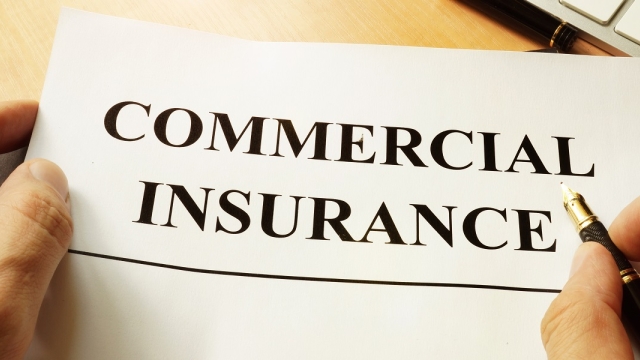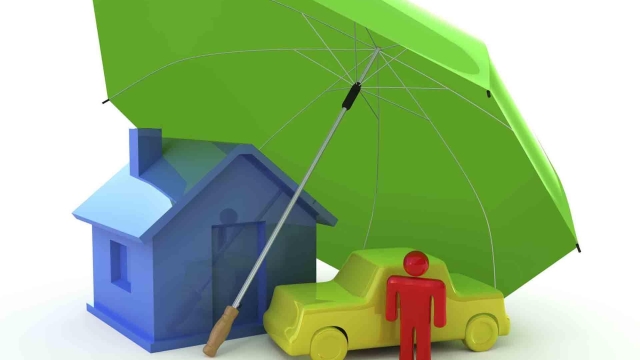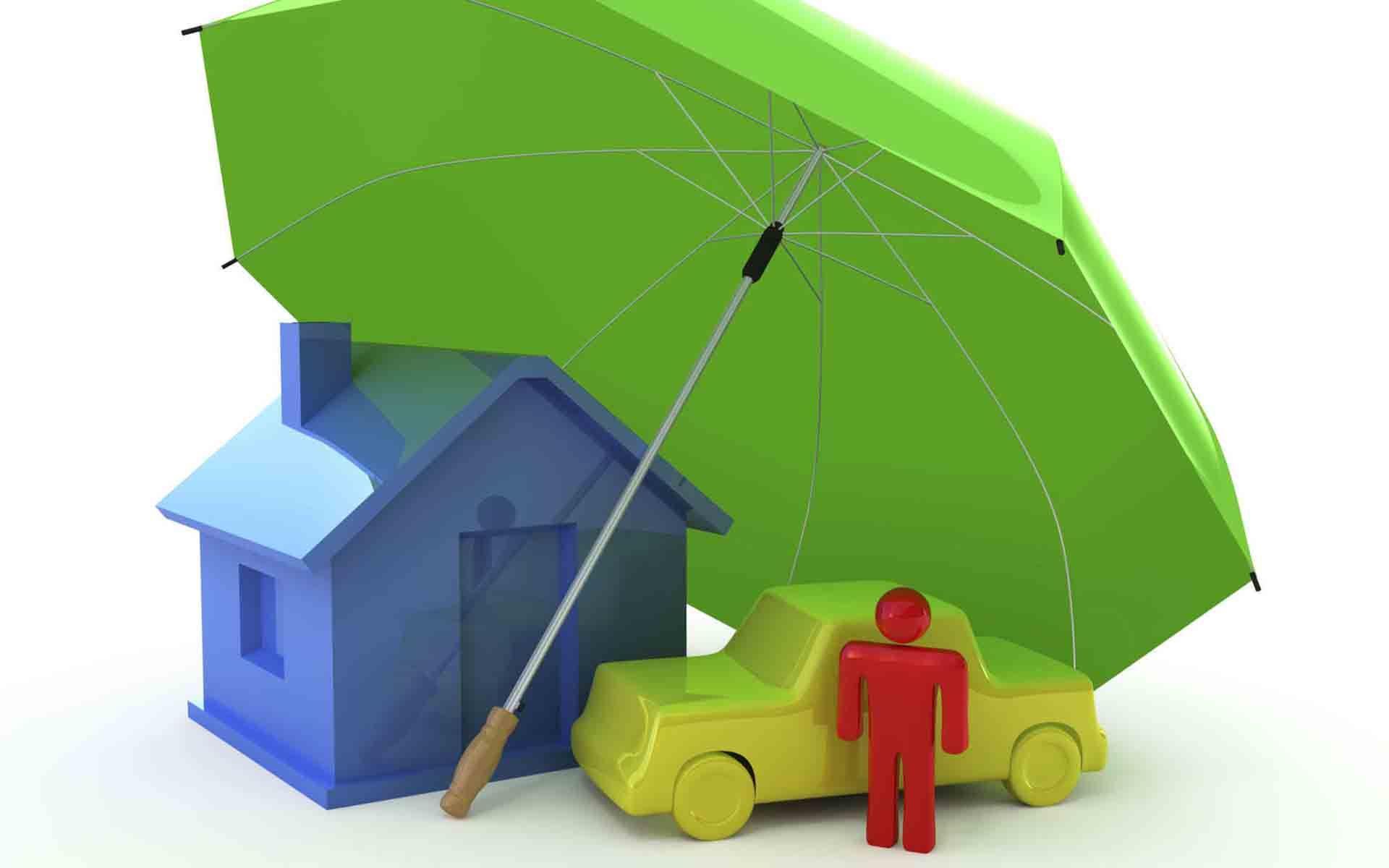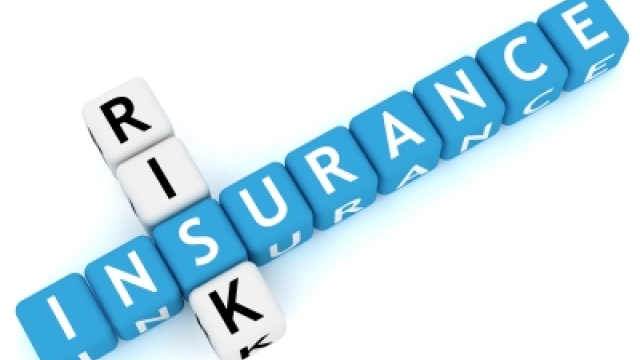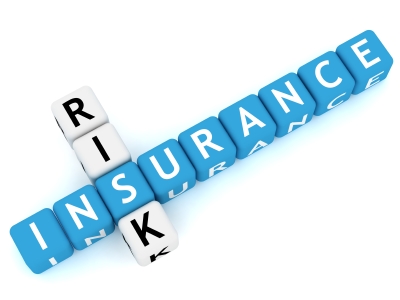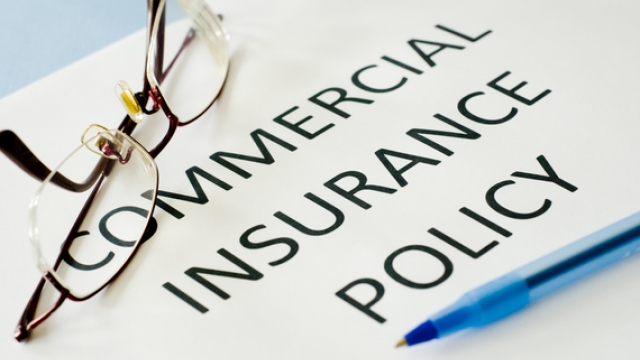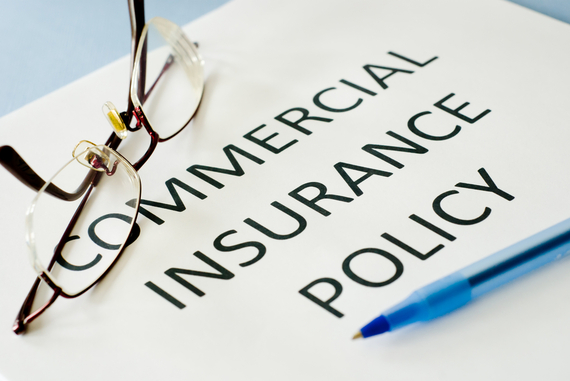The world of computer technology has witnessed an extraordinary revolution in recent years, transforming our lives in ways we could never have imagined. From the convenience of household appliances to the exhilarating realm of gaming, technology has embedded itself deep into the fabric of our everyday lives. In this article, we will dive headfirst into the boundless world of computer technology, exploring the latest advancements and innovations that have captivated our collective imagination.
Gone are the days when computers were solely used for mundane tasks; they have evolved into powerful machines that cater to our every need. Take gaming, for example. With the advent of cutting-edge gaming headsets, gamers can now immerse themselves in a truly captivating audio experience, where every sound is enhanced and every moment feels real. Coupled with a high-performance gaming monitor, no detail goes unnoticed, as players are transported into gaming worlds that rival their wildest dreams.
But gaming isn’t limited to consoles or desktops alone. The rise of portable gaming gadgets has given birth to an era where gaming can be enjoyed anytime, anywhere. Picture yourself with a sleek pink Razer keyboard, a gaming PC that fits in the palm of your hand, and an ethernet cable that ensures seamless online connectivity. Whether it’s an intense multiplayer battle or a leisurely game of solitaire, the possibilities are truly endless.
In this fast-paced digital age, staying connected is of paramount importance. Thankfully, technology has gifted us with ingenious inventions such as webcams that enable face-to-face communication and passionate gamers to stream their gaming sessions to an avid audience. Moreover, the humble flash drive has become a compact yet mighty tool, ensuring secure storage and effortless transfer of files, putting an end to the days of bulky external hard drives.
The accessibility of technology is further enhanced by the ever-evolving world of gaming laptops. Sleek, powerful, and portable, these devices offer a complete gaming experience on the go, allowing gamers to explore new dimensions and compete in virtual arenas from any location. Paired with a high-performance gaming mouse that promises precision and accuracy, gaming laptops have truly revolutionized the way we indulge in our favorite pastime.
As we embark on this journey through the fascinating world of computer technology, brace yourselves for an exhilarating exploration of all things digital. From revolutionary gaming accessories to cutting-edge gadgets, we will leave no stone unturned, shedding light on the wonders that technology has bestowed upon us. So, grab your favorite gaming headset, tap your pink Razer keyboard with anticipation, and get ready to join us on this captivating adventure into the depths of computer technology.
The Evolution of Computer Technology
In the world of computer technology, there has been a tremendous evolution over the years. From the bulky mainframe computers of the past to the sleek and powerful devices we have today, technology has come a long way.
The birth of computer technology can be traced back to the mid-20th century when the first electronic computers were developed. These early computers were large, expensive, and primarily used by government agencies and research institutions. However, as technology advanced, computers became smaller, more affordable, and accessible to the general public.
One of the major milestones in the evolution of computer technology was the invention of personal computers (PCs). PCs revolutionized the way we work and play, allowing individuals to have their own computer systems at home. These early PCs were limited in terms of processing power and storage capacity, but they paved the way for the digital revolution that was yet to come.
The Role of Gaming Devices in the Digital Revolution
Gaming Devices hold a significant role in the ongoing Digital Revolution, transforming the way we experience Computer Technology. From Gaming Headsets to gaming monitors, pink Razer keyboards to powerful gaming PCs, and even devices like webcams, gaming mice, and flash drives, these appliances have revolutionized the gaming industry and beyond.
The demand for Gaming Headsets has soared in recent years, giving gamers an immersive audio experience during gameplay. These headsets not only enhance the overall gaming experience but also play a vital role in communication, enabling gamers to strategize and coordinate seamlessly with their teammates.
When it comes to gaming monitors, their high refresh rates and low input lags create a smoother and more responsive gaming experience, allowing gamers to react quickly to in-game situations. The vibrant colors and sharp graphics delivered by these monitors further intensify the visual impact, making the gaming experience more captivating than ever before.
The significance of gaming peripherals such as pink Razer keyboards and gaming mice cannot be overlooked. Designed with precision and reliability in mind, these devices provide gamers with optimal control and responsiveness, enhancing their gaming performance. Customizable features and ergonomic designs further contribute to the overall comfort and convenience of gamers during intense gaming sessions.
In conclusion, Gaming Devices play a paramount role in the Digital Revolution, pushing the boundaries of Computer Technology. From Gaming Headsets that immerse us in a virtual soundscape, to gaming monitors that bring our favorite games to life, and the various peripherals like gaming keyboards and mice that ensure optimal performance, these devices enable gamers to fully access and engage with the world of gaming in ways we never thought possible.
Enhancing Connectivity and Storage in the World of Computer Technology
Digital advancements in computer technology have paved the way for unprecedented levels of connectivity and storage capabilities. With the increasing demand for seamless online experiences and the need to store vast amounts of data, various devices and accessories have emerged to address these requirements.

One of the essential components for enhanced connectivity is the ethernet cable. This wired connection allows for high-speed, stable internet connections, ensuring smooth online gaming experiences, efficient data transfer, and seamless streaming of multimedia content. By directly connecting to the router, users can bypass potential wireless interruptions, enabling faster and more reliable connections.
In addition to connectivity, storing and transferring data has become more convenient with the emergence of compact storage devices like flash drives. These portable devices are a practical solution for individuals who need to transport files and documents between different computer systems. With their compact size and large storage capacities, flash drives have become an essential accessory for students, professionals, and individuals on the go.
Furthermore, webcams have become increasingly important, especially with the rise of remote work and online communication. These devices offer high-quality video and audio capabilities, allowing for face-to-face interactions in virtual meetings and conferences. By enabling visual communication, webcams foster collaboration and help bridge the gap between remote individuals, creating a more connected and productive work environment.
The continuous evolution of computer technology has led to advancements in connectivity and storage, providing users with enhanced experiences and increased productivity. With accessories like ethernet cables, flash drives, and webcams, individuals can take full advantage of the digital revolution, seamlessly connecting with others and storing their data with ease.





